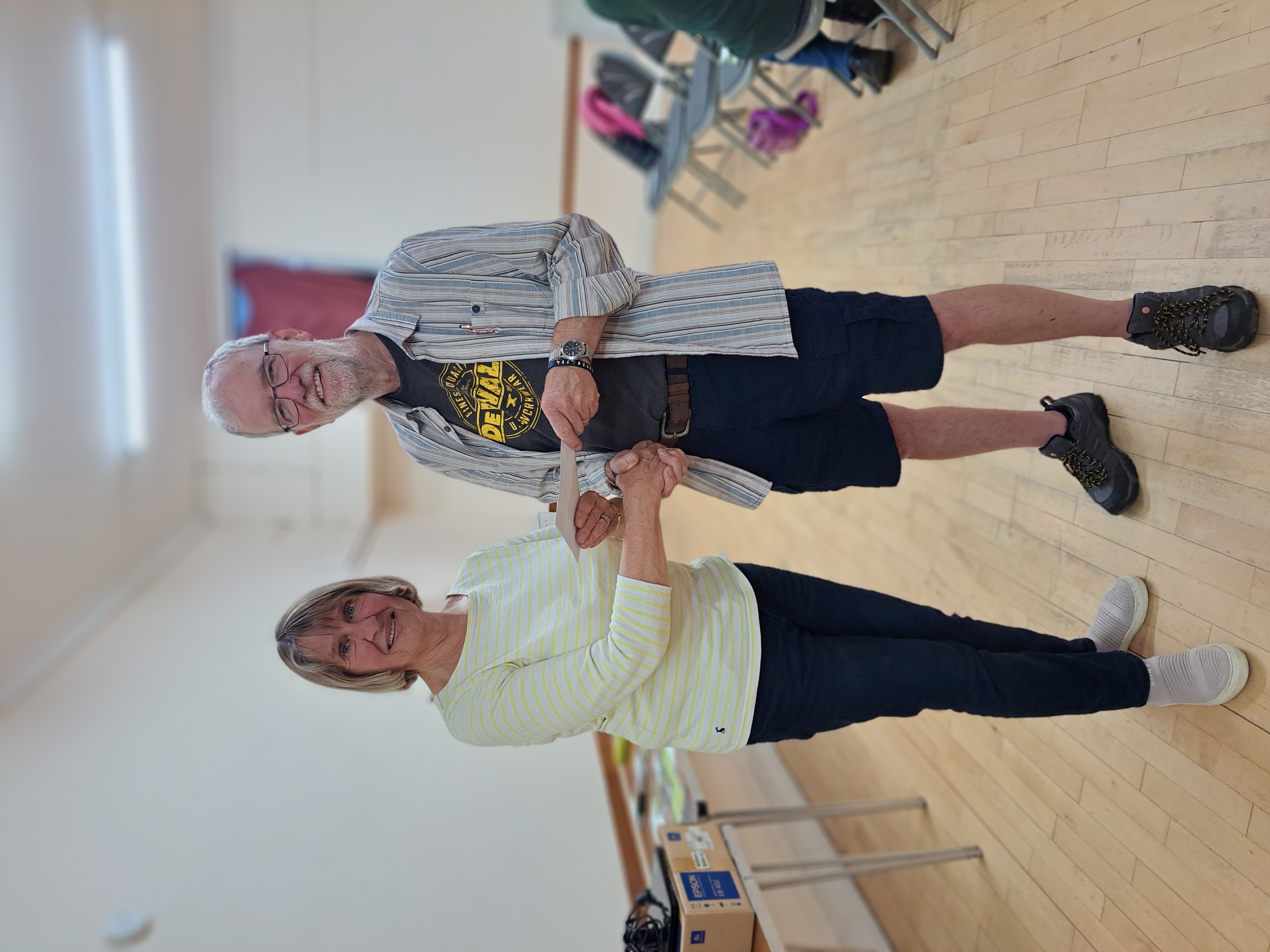August Update
Update for the August 2024 period, including details this month's meeting, and our following event.
We had a very good and informative talk entitled “Gardening for Wildlife” from Lesley Gordon who is really enthusiastic about the wildlife in the garden especially butterflies and moths as well as other pollinators. Lepidoptera describes a group of insects which includes butterflies and moths. Butterfly Conservation is high on the list for Lesley who gets involved with butterfly counts and to a lesser extent, moth counts Did you know that there are around 59 different species of butterfly in the UK and half of the species are threatened. His is due to several factors. Huge fields with no hedgerows, lack of coppicing, less flower meadows, climate change and the use of pesticides in agriculture, even our front gardens being paved over contributes to the decline.

Lesley talked about the importance of pollinators in our gardens. These include bumble bees, wasps, hover flies, butterflies and moths. It is important for these species to have flowers, which they can access easily to harvest the pollen and not plant too much of the “blousy” double type flower, where the insects just cannot get in. Petunia, pansy, geraniums, begonia and busy lizzie come into this category, as do roses, but who would have a garden without roses. There was a long list of top plants to have, depending on the time of year. Heather, muscari, hyacinth, primrose, adjuga in earlier months. Allium, cornflower thistles, scabious, verbena later on. Sea holly, dahlia, (single varieties), echinacea, phlox, michaelmas daisy are good later on. All the herbs are good pollinators. Nettles are very good for butterflies to lay their eggs in and you cannot beat the variety of a good hedgerow. Also, try not to be too tidy in the garden insects will flourish in decaying material.
A couple of websites to look at are www.bumblebeeconservation.org/beethe change and www.wildspaces.co.uk . iRecord Butterflies is an app for your phone which does what it says on the tin. It will record numbers of butterflies seen, location and the information is recorded in the Big Butterfly Count, which takes place annually. Lesley encouraged us to get out there and take part.
The area around Cullaloe reservoir on the B9157, the quarry Road to Kirkcaldy, is a great place to see and count many different types of butterfly.
Dalgety Bay Horticultural Society (DBHS) holds meetings on the first Friday of each month at 7:30pm in Dalgety Bay Community Centre. You are welcome to come along to our meetings and, who knows, you may be convinced to join us. Alternatively click on About DBHS > Resources, then membership form, fill it in then send it back. Membership is good value at £5.
If you think you may be interested in joining, please phone me on 07949 505456. Please note the new phone number. I will give you all the information you require.
The “Jobs for” August part of the DBHS report is on the tips page to see what jobs you should be doing at this time of year.
Sincerely,